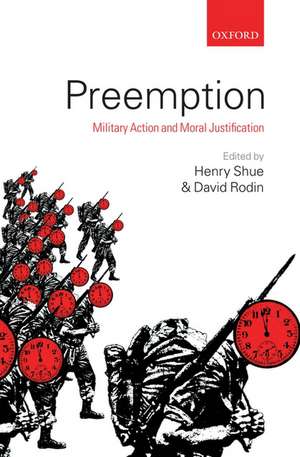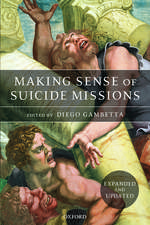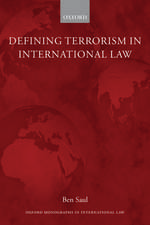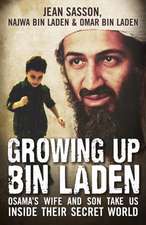Preemption: Military Action and Moral Justification
Editat de Henry Shue, David Rodinen Limba Engleză Hardback – noi 2007
| Toate formatele și edițiile | Preț | Express |
|---|---|---|
| Paperback (1) | 424.47 lei 31-37 zile | |
| OUP OXFORD – 5 noi 2009 | 424.47 lei 31-37 zile | |
| Hardback (1) | 420.69 lei 31-37 zile | |
| OUP OXFORD – noi 2007 | 420.69 lei 31-37 zile |
Preț: 420.69 lei
Preț vechi: 579.37 lei
-27% Nou
Puncte Express: 631
Preț estimativ în valută:
80.51€ • 87.42$ • 67.63£
80.51€ • 87.42$ • 67.63£
Carte tipărită la comandă
Livrare economică 12-18 aprilie
Preluare comenzi: 021 569.72.76
Specificații
ISBN-13: 9780199233137
ISBN-10: 0199233136
Pagini: 276
Dimensiuni: 162 x 241 x 22 mm
Greutate: 0.58 kg
Editura: OUP OXFORD
Colecția OUP Oxford
Locul publicării:Oxford, United Kingdom
ISBN-10: 0199233136
Pagini: 276
Dimensiuni: 162 x 241 x 22 mm
Greutate: 0.58 kg
Editura: OUP OXFORD
Colecția OUP Oxford
Locul publicării:Oxford, United Kingdom
Recenzii
this volume provides essential interdisciplinary consideration of the whole range of questions raised by the novel threats and challenges posed to the international system by nonstate actors bent on mass attacks and/or threatening strikes of weapons of mass destruction. Its combination of historical perspective and philosophical theory, and its examination of the international system and of various policy options, makes it a deeply informed contribution to a very important contemporary debate.
Notă biografică
David Rodin is Research Fellow in Philosophy at the Changing Character of War Program, University of Oxford, and Senior Research Fellow at the Centre for Applied Philosophy and Public Ethics, the Australian National University. His research covers a wide range of topics in moral philosophy including the ethics of war and conflict, business ethics, and international justice.Henry Shue is Professor of International Relations, University of Oxford, and Senior Research Fellow, Merton College. Best known for Basic Rights (Princeton 1980; 2nd ed., 1996) and "Torture " (1978), he also edited Nuclear Deterrence and Moral Restraint (Cambridge, 1989).















